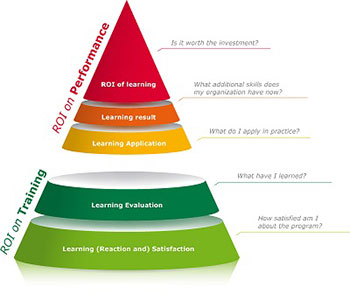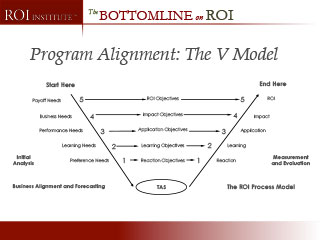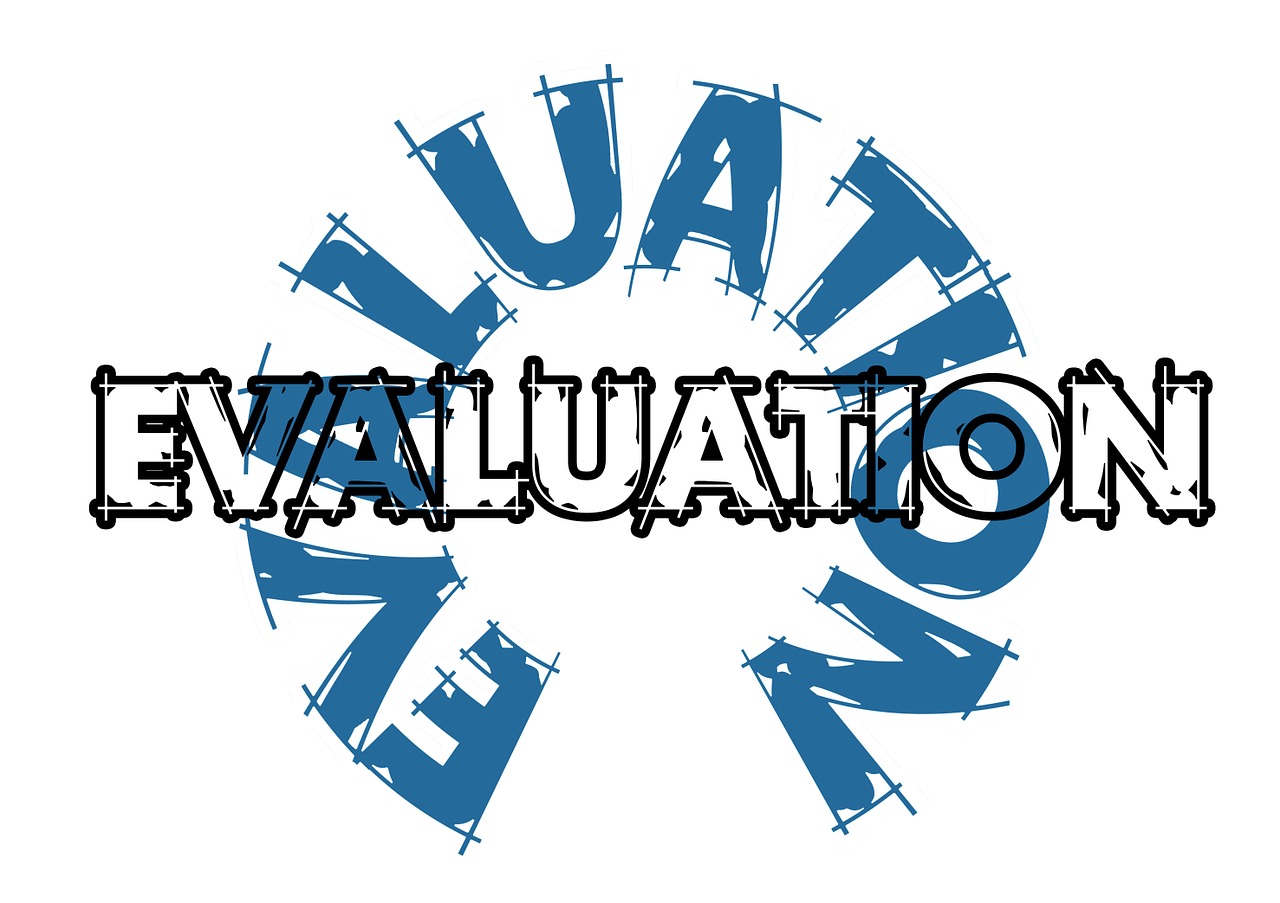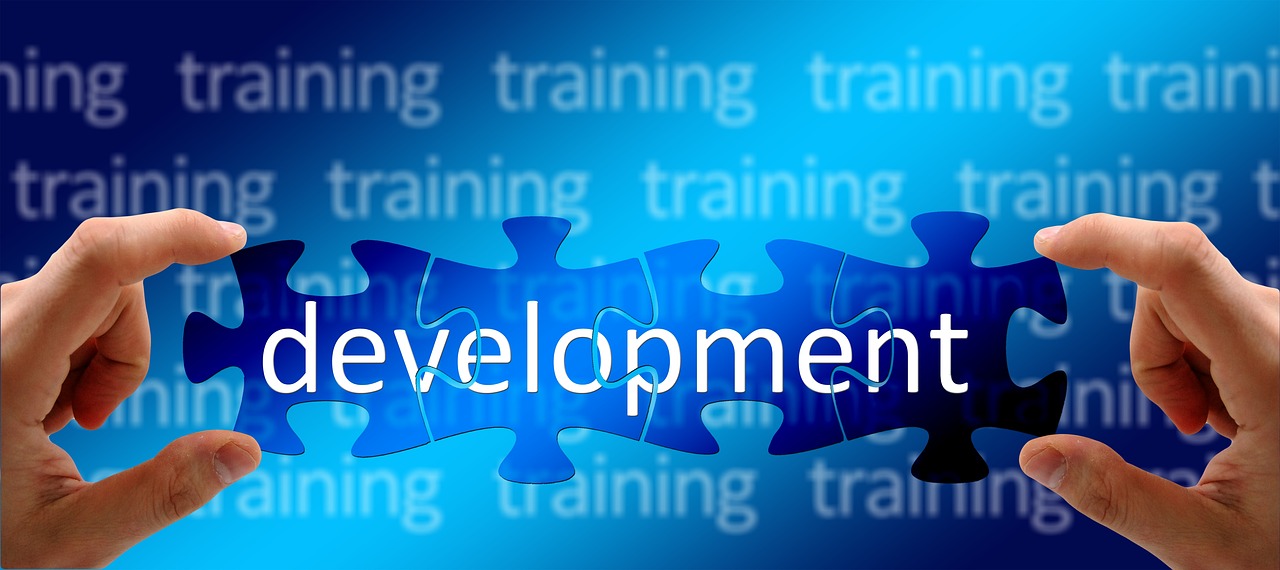VET Reform – Insources’ Contribution
VET Reform – Our Position Do we need VET Reform or continuous improvement? The short answer: we need VET Reform. But what we really need is a continuous improvement approach to the VET system. The first image that comes alive...
Building a Comprehensive Evaluation Process
Measuring and evaluating learning has earned a place among the critical issues in the learning and development and performance improvement fields. For decades, this topic has been on conference agendas and discussed at professional meeting. Journals and newsletters regularly embrace...
Facilitation Skills for face-to-face and Virtual training
Training Skills Used by the Virtual Trainer Virtual training is still training. In the next set of posts I’ll review the basic training skills used by virtual and classroom trainers alike, with special focus on what’s unique in virtual classroom....
Using ROI to Demonstrate HR Value in the Public Sector
A Review of Best Practices By Jack and Patricia PhillipsThe demand for HR’s accountability through measurement continues to increase. Here, Jack and Patti Phillips provide an overview of best practices in the return on investment (ROI) process and describe how...
So What’s the Bottom Line on ROI?
By Jack and Patti Phillips ROI, return on investment, is a metric fundamental to business and government alike. Executives and chief administrators recognize it, and business and operations managers appreciate it. It is calculated consistently and recognized across sectors around...
Linking Training Objectives to Measures of Training Success
By Jack Phillips, PhD, and Patti Phillips, PhD Before training evaluation begins, program objectives must be developed. Program objectives are linked to the needs assessment. Let’s look at how objectives can be developed within the context of the five-level ROI...
Creating Learning Climate in your classroom
Malcolm Knowles (1980) define the andragogical approach to learning climate as being relaxed, trusting, mutually respectful, informal, warm, collaborative, and supportive, with openness, authenticity, and humanness as key contributing factors. Learning theorists consider all these process elements, defined in Knowles’s...
The Myths of Measurement and Training Evaluation
Trainers and vocational education practitioners recognize that the additional measurement and evaluation is needed. However, regardless of the motivation to pursue evaluation, they struggle with how to address the issue. They often ask, “Does it really provide the benefits to...
Purpose and Goals of PD
Traditionally, many Registered Training Organisations (RTOs) have taken a one-size-fits-all approach to addressing organisational compliance and performance problems: Professional Development Training (PD). The problem with indiscriminately applying this approach is that training is the right answer only when the problem...
The Future of Learning and Performance
by Jack J. Phillips, Ph.D. and Patti Phillips, Ph.D. We have seen training evolve from a necessary expense to acquire critical job skills, to an investment in the organization through employee capability, growth, and development. Based on what we know...










